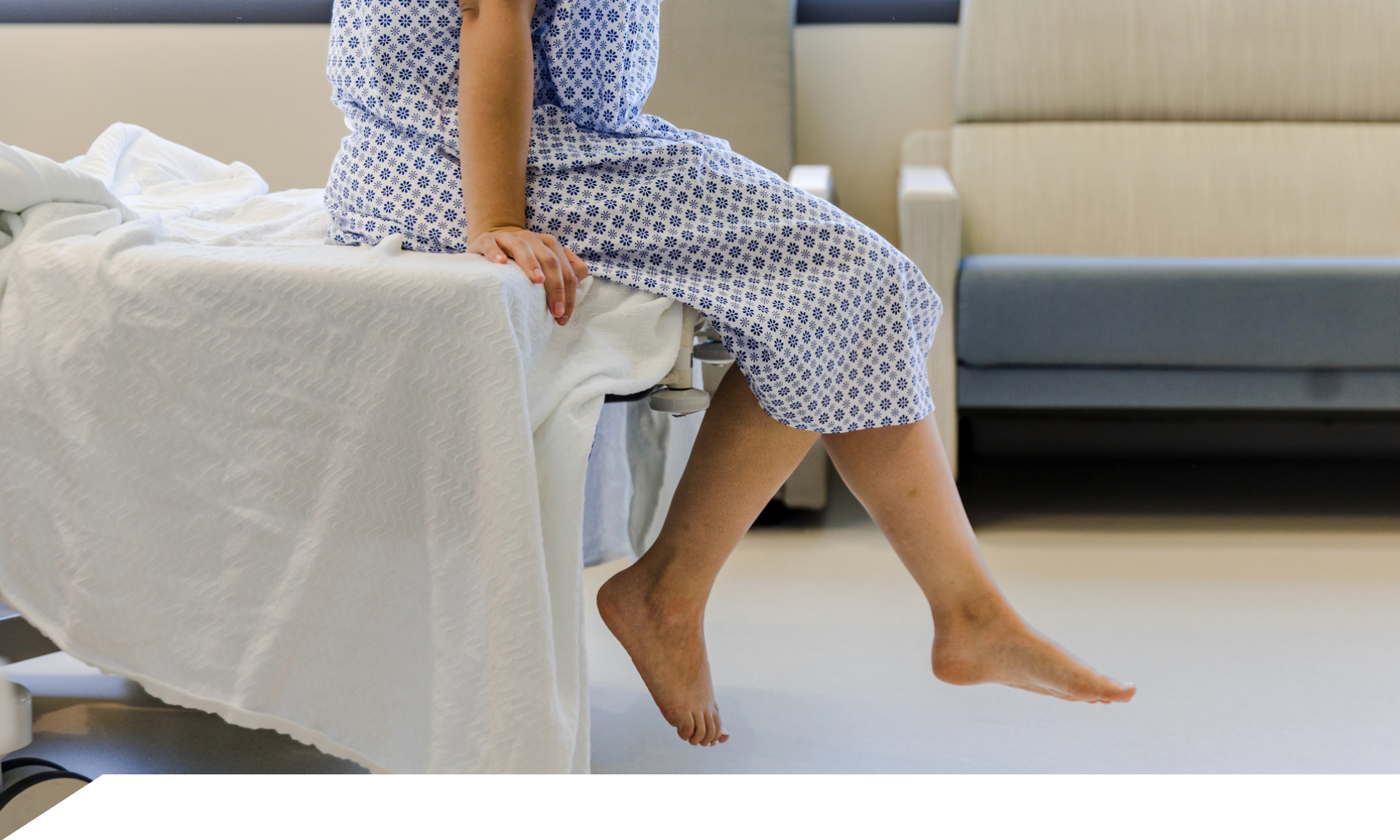If you’ve been reading the unsettling headlines about colorectal cancer increasing in younger adults lately, you’re not alone. And you might be wondering if and when it’s time to get screened. Colonoscopy screenings typically start when you’re 45. But like any rule, there are exceptions.
We asked Anton Bilchik, MD, chief of general surgery and gastroenterologist at Saint John's Health Center, to explain the risk factors and symptoms that mean you should get screened earlier.
How do I know if I should get a colonoscopy?
You have a family history of colorectal cancer.
“Only first-degree relatives are associated with increased risk,” he says, meaning parents and siblings. If that’s the case, “It’s recommended that you get a colonoscopy 10 years before your family member was diagnosed.” So if your sibling was diagnosed at age 45, start getting screened at 35.
Featured Expert:

Anton Bilchik, MD - Chief of general surgery and gastroenterologist at Saint John's Health Center
That said, age makes a difference. So if a parent was diagnosed with colorectal cancer at 65 or older, it’s less likely that genetics will play a role in whether you get it.
You have symptoms.
Such as, “unexplained weight loss and anemia, persistent abdominal pain, and rectal bleeding,” explains Bilchik.
When it comes to blood in your stool, there are a few things to note: If you see an overall reddish tint, it may mean you just ate some beets the day before. If you see “persistent bleeding or dark stools,” or it’s accompanied by weight loss, weakness, abdominal pain, nausea, or vomiting, Bilchik says to tell your doctor.
Colonoscopies may not sound like your idea of a fun time, but it’s key to detecting colorectal cancer. Skipping or delaying them may put you at higher risk of cancer that “may already be advanced with fewer effective treatment options,” Bilchik says. Before you go, check in with your insurance company. Some plans may not automatically cover them before 45, and you may need to get approval first.
Have a screening coming up? Here’s how to prep for it.
Are there any other risk factors for colorectal cancer?
Other risk factors for colorectal cancer include obesity, having a sedentary lifestyle, and eating a lot of red meat and processed food. These don’t necessarily mean you need to get a colonoscopy right away, but it may be worth talking to your doctor. Bilchik says you can reduce your risk with some familiar steps: exercise, a balanced diet, and following screening guidelines.
Ask an Expert is for informational purposes only, does not constitute medical advice, and is not a substitute for professional medical advice, diagnosis, or treatment. Always seek the advice of your physician, mental-health professional, or other qualified health provider with any questions you may have regarding a medical condition. By submitting a question, you are agreeing to let theSkimm use it—in part or in full—and we may edit its answer for length and/or clarity.
Live Smarter
Sign up for the Daily Skimm email newsletter. Delivered to your inbox every morning and prepares you for your day in minutes.
